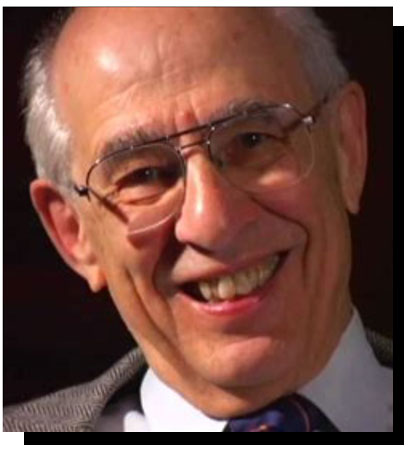Fallibilism Fallibilism is from Latin fallibilism, ‘liable to err’. The philosophical principle that human beings could be wrong about their beliefs or worldviews. It can also be seen as a principle of open mind-ness: being open to new evidence that disproves some previously held belief or worldview (a position taken for granted in the natural sciences). The notable Karl Popper built his theory of knowledge, critical rationalism on fallibilistic principles. Willard Van Orman Quine use fallibilistic techniques in his critical analysis of the distinction between analytic and synthetic statements. Unlike scepticism, fallibilism does not imply the need to abandon our knowledge - we needn't have logically conclusive justifications for what we know. Rather, it is an admission that, because empirical knowledge can be revised by further observation, any of the things we take as knowledge might possibly turn out to be false.
Hilary Putnam (professor Emeritus, Harvard Univ): "Crudely put I would say no human body of knowledge and no human institution is infallible - that seems to me to be a pretty safe way to put it and then we can argue about exactly we can formulate fallibilism...Certainly scientific propositions are not infallible. Science thrives on fallibilism. Empirical science thrives on fallibilism because that's one of its defining characteristics. [Charles] Peirce said: ‘There are common sense propositions which are infallible but only by being extremely vague’. The price you pay for certainty - if someone is going to be certain they better be pretty vague." I like that.
|
